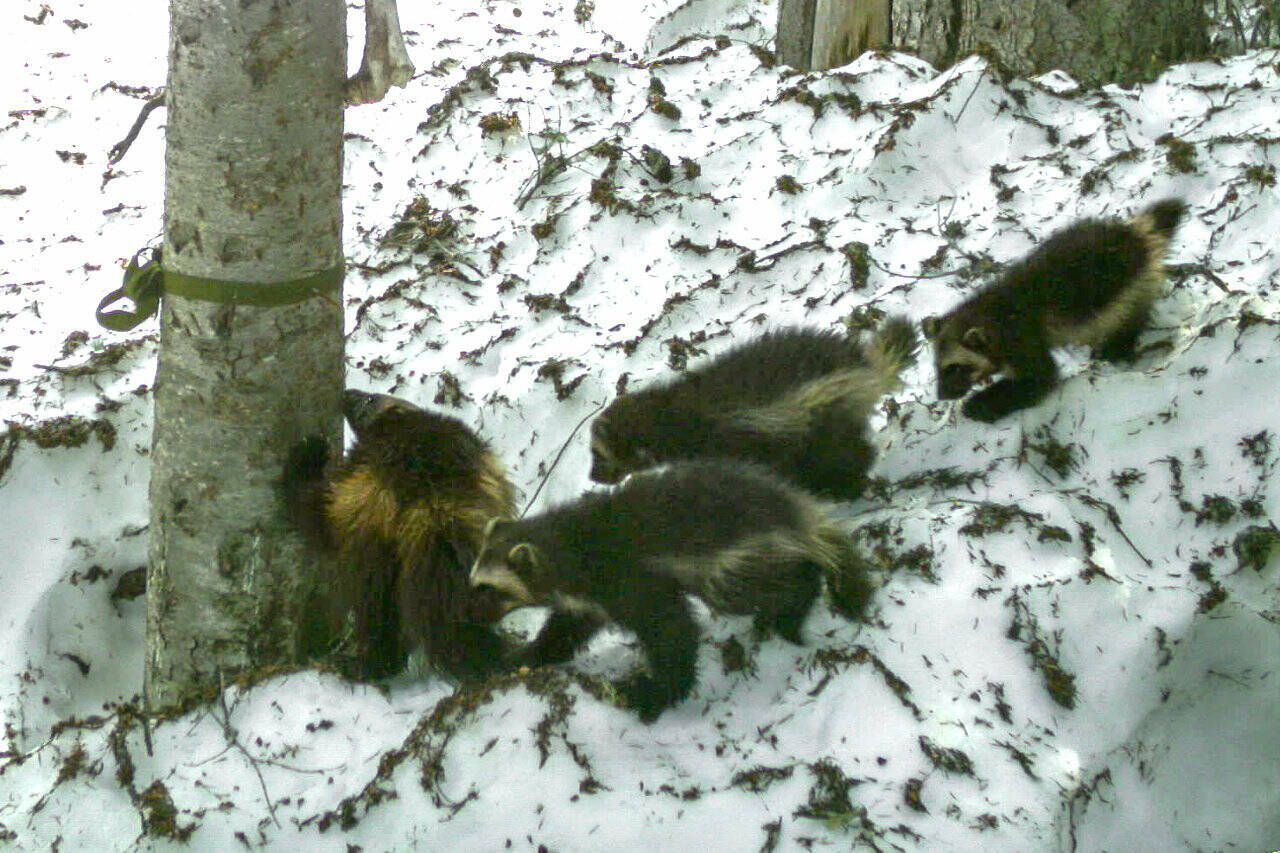Mount Rainier has kicked off a summer series of events to celebrate its 125th anniversary.
Starting off the series on June 5 was a visit from self-styled “adventurer-composer” Stephen Lias, who gave a presentation of how to translate his experiences in national parks into music. He will eventually compose his own music to capture some of the park’s history and beauty in the fall of 2024 for a symphony orchestra to be help soon after.
If you missed that event, however, there are many more to attend every Wednesday through August. All events are free and are held at the Paradise Inn and starts at 7 p.m. However, if you are planning to get into the park anywhere from 7 a.m. to 3 p.m, you’ll need a timed entry reservation. For more information, head to nps.gov/mora/planyourvisit/timed-entry-reservations-faq.htm.
For more information about these event, head to nps.gov/planyourvisit/event-search.htm. Some highlights from this series include:
June 12 – Management Challenges & Changes
Retired superintendent Randy King will lead a discussion and offer his personal perspective on park management challenges, opportunities, and changes based on his experiences as deputy superintendent (2003- 2010) and superintendent (2011- 2017).
June 19 — Rare Carnivores of the Cascades
Jocelyn Atkins, Founder and Executive Director of the Cascades Carnivore Project (CCP), will hold a discussion on the Cascade red fox, wolverines, and more rare carnivores of the Cascades. Over the past decade, CCP has collaborated with the park, conducting scientific studies on these rare, high-elevation carnivores to assess their conservation status and understand the impact of climate change on their populations.
Additionally, Jocelyn will share insights into the CCP’s successful community science program, offering opportunities for volunteers to actively participate in studying rare carnivores in the park and beyond.
July 17 — The Earth Gym
The Earth Gym founder Rachel Heaton talk about the first all-Native Climb on Mount Tahoma (Rainier), how the team came together and what the future of climbing looks like for her people. Expect to learn about the Tribal communities that surround the mountain and how they utilize their lands to acquire our plant medicines and foods.
As a member of the Muckleshoot Tribe, she swill be sharing some of the culture, history, and ties to their lands.
Aug. 7 — Climbing Mount Rainier: Past, Present, and Future
Eric Simonson spent over 50 years as a mountaineering guide, exploring the park and studying its history.
Over these years he’s experienced Mount Rainier in all the different seasons and from many different climbing routes, had the privilege to climb with thousands of fellow climbers, and seen many changes in park resources, administration, and usage. He will talk about some of his most memorable climbs, discuss the changes that have occurred over the years, and look ahead to what the future may bring for the next generation of climbers.
Aug. 28 — The Elk of Mount Rainier: Then and Now
Science Emeriti Drs. Kurt Jenkins (USGS Forest and Rangeland Ecosystem Science Center) and David Vales (Muckleshoot Indian Tribe Wildlife Program) will reveiw the history and key findings of elk population trends and movement patterns of elk in Mount Rainier with a focus on the population component that summers on the mountain’s northern flank.
Elk are key ecological and cultural components of the Mount Rainier Ecosystem. Today, portions of two primary elk herds, the North Rainier and South Rainier herds use the park’s renowned subalpine meadows seasonally as summer range. Viewing elk in Mount Rainier National Park is now a touchstone for multitudes of park visitors each year while hunting elk outside of the park’s boundary remains a key cultural connection of Native American Tribes and sport hunters.


